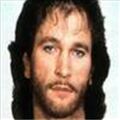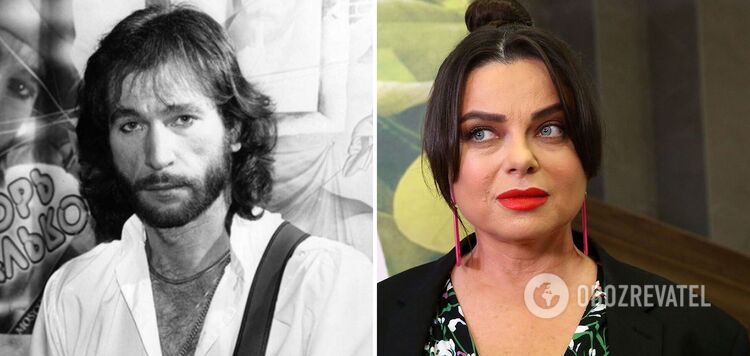
Igor Talkov
Born November 4, 1956 in the village of Gretsovka, Tula region. Graduated from a music school in accordion class. At different times he completed his education at the Moscow Art Theater Studio School, Tula Pedagogical Institute and Moscow Institute of Culture, but none of these educational institutions graduated.
After his service in the construction camp he worked as a soloist-vocalist of the Sochi association of musical ensembles, performed with the groups "April", "Kaleidoscope" and "Eternal Movement". In 1982 he took part in the All-Russian contest of Soviet song performers held in Sochi, where he performed the classics "Cranes" by Yan Frenkel, "Red Horse" by Mark Fradkin and "Attraction of the Earth" by David Tukhmanov, as well as his own song "Country of Childhood". The latter, having been analyzed verbatim by an authoritative jury, became a stumbling block: he was not allowed further than the first round, as "having no relation to the Soviet variety".
In the mid-80s he worked as an arranger for Lyudmila Senchina, and in 1985, together with Irina Allegrova, he became a soloist of Tukhman's Elektroklub project, as part of which he released a record on Melodiya. Too eclectic in content, the disk completely failed in sales, and, trying to save the ensemble, his inspirers preferred Igor Talkov already popular Viktor Saltykov. However, and this failure did not break the singer.
The sensation was his own, unexpectedly bold for the pop canons of that time song "Russia", which decorated the finale of "Song-89" and marked a turn to the acutely topical lyrics: "CPSU", "The Kremlin Wall", "This World", "The Country of Not Fools but Geniuses", "My Motherland".... Inert, deprived of real freedom, Central Television never decided to show the already filmed concert during the singer's lifetime, but this did not prevent him from gathering venues like Oktyabrsky and Luzhniki alone, with the accompanying group "Rescue Circle".
Two years after the premiere of "Russia" he felt that this direction had exhausted itself, and turned to more traditional for pop songs themes, but he did not have time to fully realize himself in it.
At the concert held on October 6, 1991 in St. Petersburg in the Palace of Sports "Yubileiny" many performers performed. A friend of the singer Aziza at her request asked I. Talkov to perform first, as Aziza did not have time to prepare for the exit. Igor called the singer's bodyguard I. Malakhov to his dressing room, and a verbal conflict occurred between them. After that, two of I. Talkov's guards took I. Malakhov out of the dressing room. Igor began to prepare for the performance, but after a few minutes his director V. Shlyafman came running to him shouting that I. Malakhov had pulled out a gun. I. Talkov took out of his bag a gas-signal pistol, which he had bought for self-defense, ran out into the corridor and, seeing that his guards were in the crosshairs of I. Malakhov, fired three shots at him. Aziza's bodyguard ducked, and the guards, taking advantage of this delay, began to disarm him. Then he fired two shots, but they hit the floor. The guards began hitting the shooter and, covering his head, he dropped his gun. A few moments later another shot rang out, which hit I. Talkov in the heart. When the ambulance arrived, the doctor immediately established biological death.
The city prosecutor's office opened a criminal case. I. Malakhov, announced in the All-Union wanted list, voluntarily arrived with a guilty plea. In December 1991, Malakhov was cleared of the charge of premeditated murder. After expert examinations in April 1992 it was established that the last shot was made by V. Shlyafman. After that he emigrated to Israel, with which Russia had no extradition treaty at the time, so the murder case was suspended.


